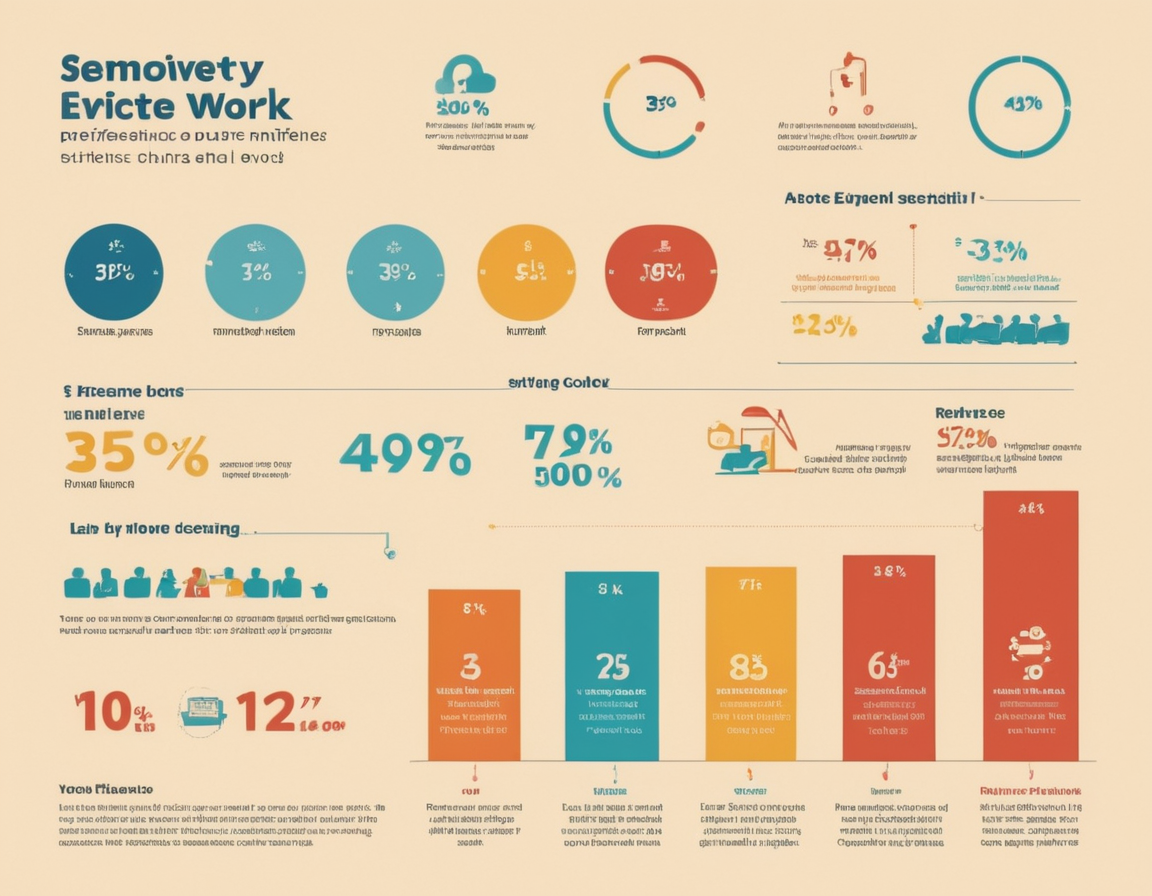The Rise of Remote Work: Embracing Flexibility in the Post-Pandemic World
Embracing the Future: The Persistent Rise of Remote Work
In the wake of the global pandemic, the way we work has undergone a seismic shift. The need for social distancing pushed businesses and employees to adapt to new methods of productivity, ushering in the age of remote work. As the world cautiously emerges from the shadow of COVID-19, one change appears to be persisting: the widespread acceptance of remote work.
The Origins of Remote Work: A Historical Perspective
Remote work, while popularized by the pandemic, is not a new concept. Advances in technology over the past decades have set the stage for a transition that enables employees to work outside of the traditional office environment. Historical milestones, such as the development of the internet, cloud computing, and portable computers, have all played their part in facilitating this modern approach to work.
Current Trends in Remote Work
Currently, businesses across the globe are recognizing the benefits that remote work can offer, including increased productivity, reduced overheads, and access to a wider talent pool. Employees, too, enjoy the flexibility and work-life balance that comes with working from home. As such, many companies have announced that they will continue to support remote work arrangements even after the pandemic has fully subsided.

Expert Opinions on Remote Work
Leading analysts and industry experts suggest that remote work is here to stay. They point to statistics that show significant portions of the workforce expressing a preference for remote or hybrid work models. Moreover, experts argue that companies who resist this change may struggle to attract and retain top talent in the future.
The shift to remote work has also had a tangible effect on the economy, influencing everything from real estate markets, with declining demand for office spaces, to local businesses that relied on office-worker clientele. This transition has prompted a re-evaluation of city planning and development strategies to cater to changing needs. Looking ahead, we can expect the trend towards remote work to continue evolving. Innovations in communication and collaboration technology will further smooth the transition, as will a growing focus on work-life balance. Employers will likely enhance their remote work policies to improve efficiency and staff wellbeing. The advancement of remote work is a testament to human adaptability and the potential of technology to redefine our lives. As we move beyond the pandemic, remote work stands as a beacon of the flexible, equitable, and sustainable future of work. It challenges us to rethink our approaches to collaboration and productivity in this new era. Are you ready to embrace the future of work? Share your thoughts and experiences with remote work in the comments below!The Future Outlook of Work

Conclusion:






